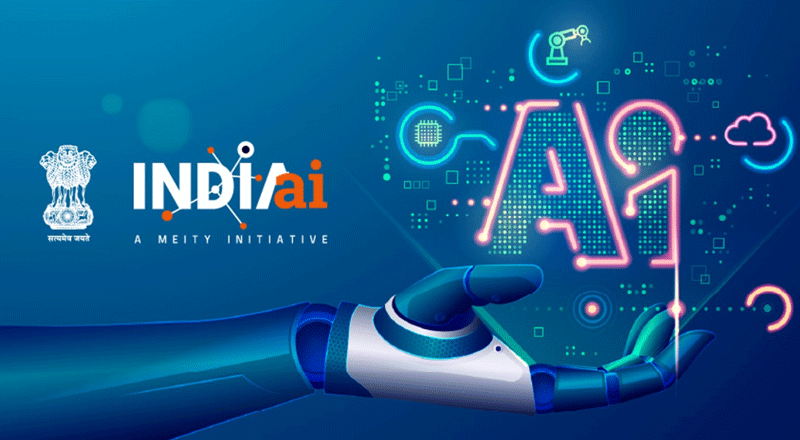A group of leading Indian book publishers, represented by the Federation of Indian Publishers, has filed a lawsuit against OpenAI in the Delhi High Court. The lawsuit alleges that OpenAI utilized copyrighted literary content without authorization to train its AI chatbot, ChatGPT. This legal action reflects growing global concerns regarding the misuse of copyrighted material by AI technology companies.
The lawsuit, filed in December, accuses OpenAI of using summaries and excerpts from copyrighted books without permission from publishers like Bloomsbury, Penguin Random House, and Cambridge University Press. The publishers argue that this unauthorized use undermines the creative ecosystem and could negatively impact book sales.
A key concern is ChatGPT’s ability to generate detailed summaries of literary works, which publishers fear could discourage readers from purchasing the original books. Pranav Gupta, General Secretary of the Federation, stated that these AI-generated summaries pose a direct threat to the publishing industry’s revenue and the creative process. The lawsuit demands that OpenAI remove copyrighted content from its training data and establish a compensation framework for affected publishers.
This lawsuit follows similar legal actions worldwide, with OpenAI defending its use of “publicly available data” under fair use provisions. However, OpenAI has not yet responded to the Indian lawsuit. The company has previously argued that Indian courts may lack jurisdiction over its operations due to its server location outside of India. Additionally, OpenAI claims that complying with a potential deletion order in India could conflict with its obligations under U.S. law.
Legal experts believe the outcome of this case will have significant implications for the regulation of AI technologies and the enforcement of intellectual property rights in India. Siddharth Chandrashekhar, a Mumbai-based lawyer, emphasized that these lawsuits will likely set crucial precedents for balancing intellectual property rights with technological advancements.
In response to these concerns, Penguin Random House recently launched a global initiative to include explicit copyright disclaimers in its books, prohibiting their use for training AI models. This move underscores the growing anxiety within the publishing industry regarding AI’s potential impact on revenue streams and the protection of intellectual property.
The lawsuit adds to a related case filed by ANI, an Indian news agency, which also accuses OpenAI of copyright infringement. The Delhi High Court is scheduled to hear the case on January 28th, and the verdict is highly anticipated.The outcome could significantly influence how AI technologies are regulated and intellectual property laws are enforced in India, a rapidly growing and influential market





